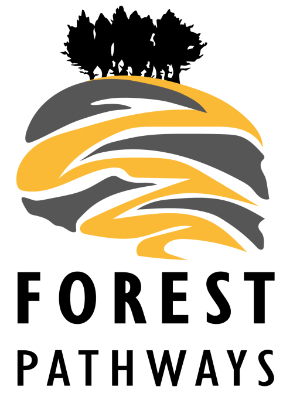What
A long-tail keywords typically consist of three or more words and tend to have lower search volume than broad, shorter keywords.
Due in part to spoken searching where people speak phrases so long-tailed keywords are more like phrases like in the example below.
In this example a company that sells classic furniture, rather than search on a single word like furniture the chances are that your pages are never going to appear near the top of an organic search for “furniture” because there’s too much competition (this is particularly true if you’re a smaller company or a startup). But if you specialise in, say, contemporary art-deco furniture, then keywords like “contemporary Art Deco-influenced semi-circle lounge” are going to reliably find those consumers looking for exactly that product.
Why
Here's why they're useful:
- Lower Competition - Because they're more specific, long-tail keywords have lower competition than generic keywords. This makes it easier for your content to rank higher in search results and attract targeted traffic.
- Higher Conversion Rates - Users searching for long-tail keywords often have a clearer intent and are closer to making a purchase. This means your content has a higher chance of converting them into leads or customers.
- Improved Targeting - Long-tail keywords allow you to target your content to niche audiences with specific needs and interests. This helps you create content that's more relevant and valuable to your target audience.
- Content Ideas - Analysing long-tail keywords can provide a goldmine of content ideas. Understanding what users are searching for helps you create content that answers their questions and addresses their specific needs.
- Valuable Data - Monitoring long-tail keyword performance can tell you a lot about your target audience and their search behaviour. This data can be used to inform your content strategy, product development, and marketing efforts.
How
Here are some examples of long tailed keywords:
- Instead of "shoes," try "comfortable running shoes for women with flat feet."
- Instead of "laptop," try "best student laptop under £500 for gaming."
- Instead of "travel," try "eco-friendly adventure tours in Patagonia."
Add longatiled keyword with your keywords meta tag like this:
<meta name="keywords" content="ADD YOUR WORD HERE" />
Some search engines do use keywords but Google doesn't any longer.



